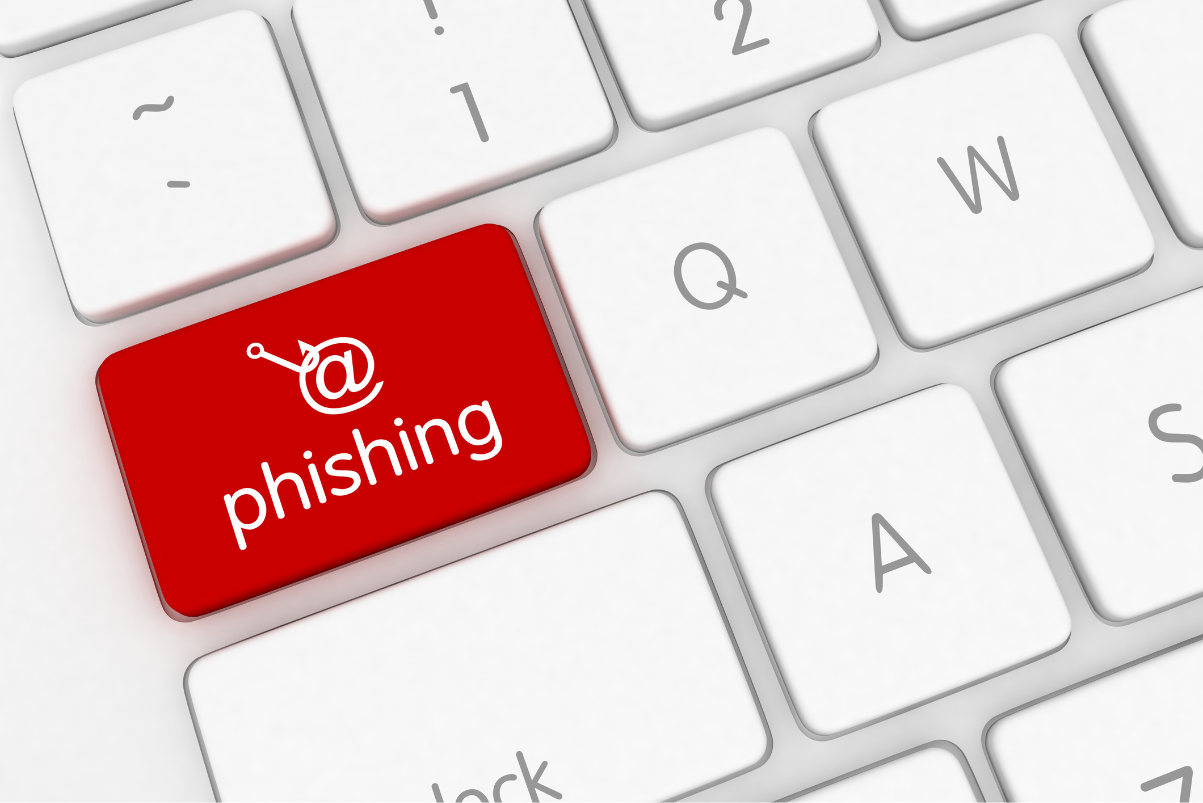With online interactions rising rapidly, small businesses are frequently targets for cyber threats. Cyber security has become a critical aspect of business operations, and understanding the spectrum of cyber threats is paramount for small business owners. This article will look at cyber threats, exploring the terminology, types of attacks, preventive measures, and the significance of defending your small business against these ever-evolving risks.
What Are The Biggest Cyber Security Threats For Small Businesses In 2024?
The same types of threats plaguing small businesses in recent years still exist and have become more sophisticated and widespread in most instances, such as malicious software, ransomware attacks and BEC ( business email compromise ) scams. In 2024, new threats and trends have been identified by various cyber security agencies as posing significant risks in 2024. Let’s have a look at what they are, and how Australian small businesses can best protect themselves.
A Lack Of Cyber Security Maturity
Australian businesses have become more aware of the impact of cyber threats in recent years, with various Australian government initiatives to raise awareness. The Australian Cyber Security Centre developed the Essential Eight, providing a clear framework for small to medium enterprises to protect their business data.
They describe different levels of Cyber Security ‘maturity’ based on how many of the principles are in place in an organisation. Businesses with a lack of maturity, or lack of security in place, have been identified as more at risk for obvious reasons.
The best way to resolve this? Do everything in your power to protect your business from cyber attacks, and be prepared for cyber security incidents by ensuring your company data is accessible even if a cyber attack occurs.

A Lack Of Understanding Of Cyber Attacks
In many instances, cyber criminals rely on the widespread lack of understanding of the general public when it comes to orchestrating attacks. Many cyber attacks start from simple mistakes, like opening the wrong email or link. That’s why it’s so important to educate yourself as a business owner, ensure you have trusted cyber specialists on hand to get advice from and educate your staff!
Regular cyber security training for your employees will raise awareness about potential threats and best practices. Empower them to recognise phishing emails and report suspicious activities, and you have created a strong first line of defence for your business.
Cyber Security Moving From IT Departments To Board Level
Ten years ago, protecting small businesses from cyber attacks was a task reserved for a dedicated in-house or managed IT team. As 2024 rolls around and cyber crime is prevalent, many organisations are employing dedicated cyber specialists to advise senior management on risks and best practices beyond an out-of-the-box anti-virus solution.
Many small businesses with fewer resources may not be able to go to this length, but instead can look at hiring staff who have a stronger awareness of preventing cyber security threats, or training current staff in the area of mitigating cyber security threats.
Deepfakes & Generative AI Being Used As Part Of A Cyber Attack
Until recent times, a threat actor intent on stealing data or accessing sensitive information would need to find ways to deceive their target audience through text messages or email phishing scams. Today, deepfake technology and generative AI are readily available and can be used to imitate almost anyone, via manipulated images, voice and video.
This use of technology has given rise to cyber attacks that previously would not have been possible, with cyber criminals able to bypass many traditional lines of defence. Whilst these sorts of attacks are not commonplace as yet, as GenAI becomes more readily available, they are likely to increase. Phishing attacks previously involved tricking individuals into divulging sensitive information, such as login credentials or financial details. Small businesses are common targets for phishing scams, which often arrive via deceptive emails.
What constitutes a security breach is likely to blur as deepfakes become more common. The best defence in this area would be the adoption of zero trust policies, which we will explain next.

A Zero Trust Model Becoming Necessity
A zero trust model doesn’t sound ideal, but this principle is increasingly popular with the rise of cyber security incidents. This model has strict access controls and by default, has a zero trust level for everyone within, and outside of, your organisation’s network. Using this model has been shown to effectively lower cyber incidents
Implementing a zero trust network means a shift in perspective from the old model of ‘no one outside gets in’, which is the standard operating model for most organisations networks. The problem with this way of doing things is that if a cyber criminal does access your system, they will basically have free reign and complete access to your business data once they achieve this. The other issue with this factor is caused when an insider threat exists. With a zero threat model in place, users will be required to authenticate at regular intervals, and users and devices accessing the network will be closely monitored and logged.
Regardless Of What’s Ahead In 2024, You Can Reduce The Likelihood Of, Or The Impact Of A Security Breach With Good Cyber Practices.
Make Sure You Have An Incident Response Plan In Place
Develop a comprehensive incident response plan to outline steps to be taken in the event of a cybersecurity incident. This ensures a swift and coordinated response to mitigate potential damage.
Protect Customer Data & Other Sensitive Data
Safeguard customer data by implementing encryption, secure payment systems, and stringent access controls. Building customer trust is crucial for the reputation of small businesses.
This area really is vital, and we’ve covered it in-depth in our recent article ‘Protecting Client Information: A Simple & Practical Guide for Australian Small Business Owners’, which is a fantastic read if you want to learn more about how to do this.
Secure Mobile Devices, Not Just The Office PCs
As mobile devices become integral to business operations, ensure they are protected with security measures such as device encryption and secure authentication.
Use Multi-Factor Authentication & Strong Passwords
It’s one of the most simple ways to protect operating systems, email accounts and critical data - yet it’s often overlooked! In 2024 - make sure that all of your business devices have the right security controls in place, which means complex passwords that are regularly updated, and MFA is a must.
Small businesses should stay informed about the latest cybersecurity threats and trends. Resources from the Australian Cyber Security Centre (ACSC) and other cybersecurity agencies provide valuable insights.
Defending small businesses against cyber threats requires a multifaceted approach, combining technology, education, and strategic planning. Small business owners must stay informed about the evolving landscape of cybersecurity threats and take proactive measures to protect their operations, customer trust, and overall business resilience. By implementing these preventive measures and cultivating a cybersecurity-aware culture, small businesses can build a strong defence against the myriad challenges posed by cyber threats.


